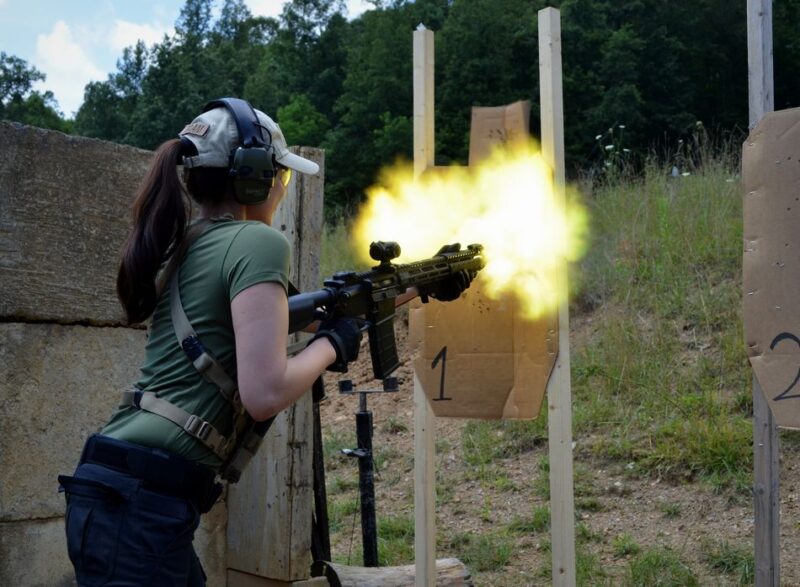In the rapidly evolving landscape of security and protection, technical prowess often takes center stage, overshadowing a critical element that merits deeper exploration: soft skills. While expertise in surveillance technology, risk assessment, and crisis management is undeniably essential, the ability to communicate effectively, empathize with others, and think critically can significantly enhance one’s impact in these fields.
Yet, despite their importance, soft skills are frequently overlooked in training programs and hiring processes, leading to a disjointed approach that prioritizes hard skills over holistic development. This article delves into the often-underappreciated value of interpersonal abilities within security roles, examining how they can bridge gaps, enhance team dynamics, and ultimately contribute to more effective protection strategies in both public and private sectors.
As we navigate this intricate conversation, it becomes increasingly clear: to safeguard our environments effectively, we must not only arm ourselves with technology but also refine the human elements at play.
The Role of Soft Skills in Security and Protection Jobs

In the dynamic realm of security and protection, soft skills emerge as a critical asset, often overshadowed by the emphasis on technical capabilities. While physical prowess and tactical knowledge are undeniably important, the subtler art of communication, empathy, and conflict resolution plays an equally vital role.
Imagine a security professional deftly navigating a tense situation; it’s their ability to read body language, listen actively, and respond with calm assertiveness that can transform a potential crisis into a managed scenario. Moreover, teamwork and collaboration are paramount—these roles frequently require seamless interaction with diverse groups, from law enforcement to the general public.
In essence, the blend of emotional intelligence and interpersonal skills not only enhances the effectiveness of security measures but also fosters a culture of trust and safety, underscoring the notion that true protection often lies as much in the art of human connection as in physical safeguarding. Thus, to overlook these soft skills is to undervalue a fundamental component of successful security and protection efforts.
Common Misconceptions: Hard Skills vs. Soft Skills in Security

In the realm of security and protection, a pervasive misconception often blurs the lines between hard skills and soft skills, leading to an undervaluation of the latter. Many assume that technical expertise—such as proficiency in surveillance systems, cybersecurity, or crisis management—takes precedence over interpersonal abilities.
However, navigating the complex human dynamics in security situations demands a solid foundation of soft skills, including effective communication, empathy, and emotional intelligence. These skills foster trust and collaboration, essential components for successful conflict resolution and preventative measures.
While hard skills are undeniably critical, the interplay between technical know-how and soft skills is what truly fortifies the integrity of the security field, ensuring a holistic approach to safety that addresses both physical and psychological dimensions.
Future Trends: The Evolving Demand for Soft Skills in Security Fields

As the landscape of security and protection continues to shift in response to emerging technologies and evolving threats, the demand for soft skills is becoming increasingly critical. No longer confined to traditional roles of vigilance and physical presence, security professionals must now navigate complex interactions with diverse stakeholders, often in high-pressure situations.
Empathy, communication, and adaptability are not just desirable traits but essential tools for managing crises and fostering collaboration among teams. For instance, in environments where cultural sensitivity and negotiation are paramount—think multinational corporations or global events—the ability to connect on a human level can significantly enhance operational effectiveness.
Moreover, as cyber threats grow more sophisticated, security personnel must engage with tech teams and non-technical staff alike, ensuring that the language of safety transcends barriers. Hence, the new generation of security experts will require a well-rounded skill set that integrates technical proficiency with emotional intelligence, reflecting a holistic approach to safeguarding people, assets, and information.
Conclusion
In conclusion, it is evident that soft skills are often undervalued in the security and protection fields, yet they are essential for effective leadership, teamwork, and communication in high-pressure environments. As the industry continues to evolve, the ability to connect with people, empathize, and navigate complex interpersonal dynamics is becoming increasingly important.
Organizations like Pacific West Academy recognize the significance of incorporating soft skills training into their curricula, fostering a new generation of security professionals who are not only technically proficient but also adept at fostering relationships and understanding human behavior. By placing greater emphasis on these vital skills, the security and protection sectors can enhance operational effectiveness, build trust within communities, and ultimately create safer environments for all.


